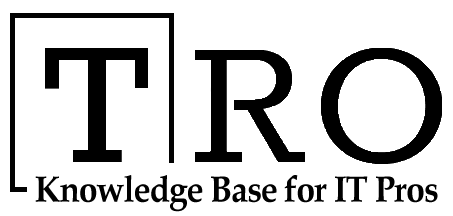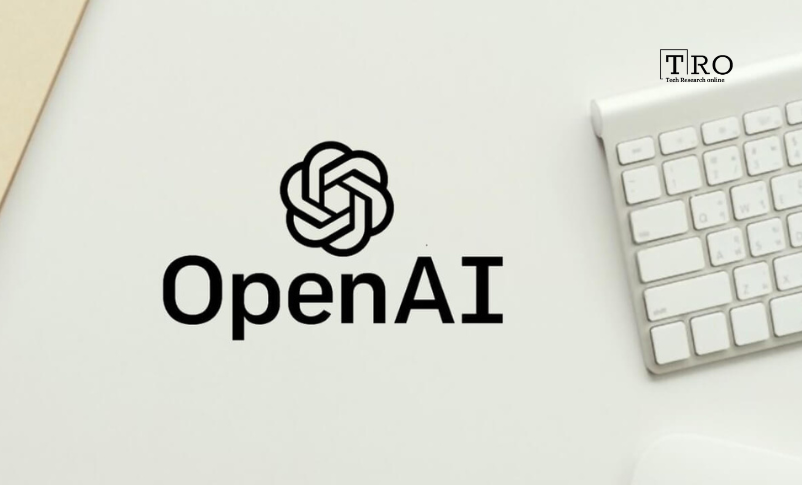News
Prominent US Authors Sue OpenAI for Copyright Infringement
Authors Guild and many noteworthy writers filed a lawsuit in Manhattan Federal Court on Tuesday, 19th September. The writers sued OpenAI over alleged copyright infringement in using their books to train ChatGPT. This group of writers filing the OpenAI copyright infringement case includes Jonathan Franzen, John Grisham, George R.R. Martin, and Jodi Picoult.
The writers alleged that OpenAI copied the plaintiff’s works wholesale without permission or providing consideration. Also, fed the plaintiff’s copyrighted material into their large language models or LLMs’ algorithms designed to provide text responses to user’s queries.
Details of the OpenAI Copyright Infringement Lawsuit and OpenAI’s Response
Apart from allegations of using copyrighted content to train their language models, the Authors Guild’s lawsuit also alleges acts of piracy. It claims that the datasets used to train OpenAI’s models include texts from authors’ books that may be pirated off of the internet. Further, the authors claimed that ChatGPT can summarize their books with extreme accuracy. This would indicate that OpenAI’s database might include their books.
In response to the allegations, an OpenAI spokesperson said that scraping the internet for the use of training data qualifies as fair use under U.S. copyright law. They also said that the company respects authors’ rights and is “having productive conversations with many creators around the world, including the Authors Guild.”
OpenAI’s Battle with Writers
Michael Chabon, David Henry Hwang, Rachel Louise Snyder, and Ayelet Waldman filed a lawsuit on Friday, 8th September. They alleged that OpenAI is profiting from the ‘unauthorized and illegal use’ of their copyrighted work.
The lawsuit is pursuing class-action status and called out on ChatGPT’s ability to sum up and analyze the authors’ content. They stated that this is only possible if OpenAI trained its GPT LLMs on their works. The writers further added that the outputs from ChatGPT are derivative or imitative works that infringe on their copyrights.
In July, two authors Paul Tremblay and Mona Awad filed a complaint saying ChatGPT creates very accurate summaries of their works. They alleged that this is possible if ChatGPT was trained on their books.
The Hidden Pattern Behind AI Tools
It is common knowledge these days about how popular AI tools work using algorithms and patterns. But, the lesser known, hidden patterns that AI makers are following are damaging artists. These big tech companies are allegedly ignoring the copyright behind original art and creating their tools to make billions.
With so many artists and writers coming out against these big-name AI tools, the industry is up for a major change in policies and regulations. So, companies like OpenAI will have to do more than just introduce privacy control features and call it a day.
Starting with delivering justice to independent artists. That’s because the lawsuits by the authors are requesting the courts to stop OpenAI from employing ‘unlawful and unfair business practices’ while providing damages to the authors relating to copyright violations and other penalties.
Any regulations to avoid the alleged misuse are still up for debate.

